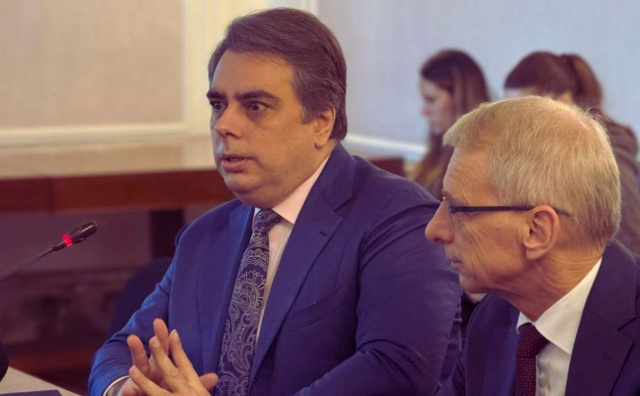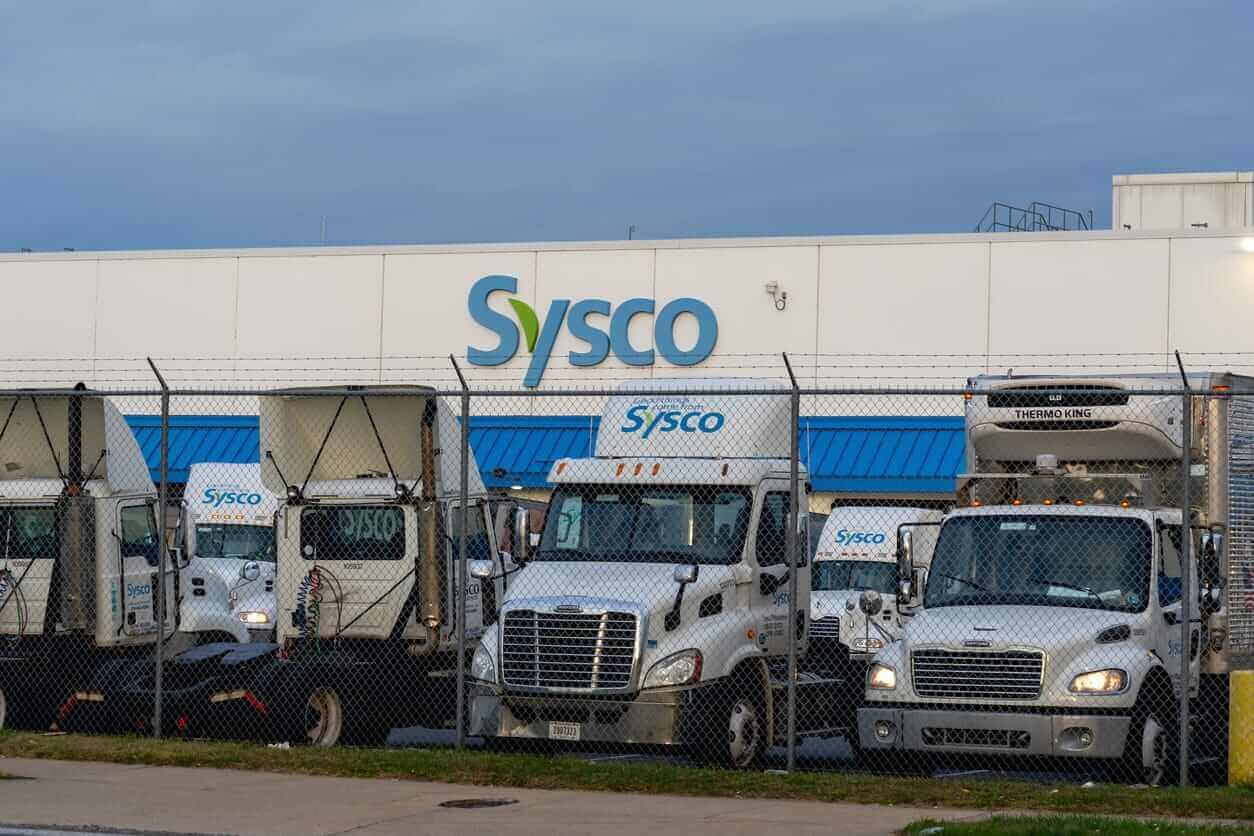Copyright novinite

Former finance minister and co-leader of "We Continue the Change", Asen Vassilev, sharply criticized the draft 2026 state budget, describing it as an unprecedented act of financial pressure on citizens and businesses. Speaking at an extraordinary briefing in the National Assembly, he stated that “robbery is the mildest word” he could use, arguing that no Bulgarian government has ever imposed such measures against its own people and economy. According to Vassilev, the government’s revenue projections for 2026 are completely unrealistic. The draft foresees 51.4 billion euros in revenues, representing a 20 percent increase compared to this year’s actual collections. He pointed out that with expected economic growth of around 3 percent and inflation slightly above 3 percent, achieving a 20 percent rise in revenues is not simply optimistic but “a sign of sheer audacity.” The former minister further noted that the probability of Bulgaria receiving a third payment under the Recovery and Resilience Plan is almost zero, which would lead to a shortfall in EU funding. He added that, based on current trends, the government will collect around 7 percent less revenue this year than initially projected. Vassilev accused the Ministry of Finance of repeating past mistakes by including inflated estimates of VAT revenues in the 2026 draft, as it did in the 2025 budget. He highlighted several controversial measures, including a 2 percent increase in social security contributions, a doubling of the dividend tax, and a rise in the maximum insurable income by 470 leva, which is far above the 300 leva increase that the ministry had forecast in March. In his view, these steps amount to taking money directly from businesses and working citizens. He calculated that the new policies would cost each business and worker an additional 600 leva next year, predicting that this burden would prevent private companies from raising wages. “The money that employers have set aside for salary increases will instead be taken by the state for pension insurance contributions,” Vassilev said, warning that this would leave Bulgarian workers worse off and stall wage growth. The opposition leader also warned of the long-term damage that higher dividend taxes could cause, as many companies might rush to withdraw accumulated profits before the new rate takes effect. Such a move, he argued, would “decapitalize the economy” and drive capital out of the country. Vassilev concluded that this approach is disastrous for Bulgaria’s economic stability. He reminded that during previous crises like the COVID pandemic, the war in Ukraine, and the energy shock, no government had resorted to raising taxes. On the contrary, some rates were reduced to support businesses. “What we are witnessing now is pure racketeering against Bulgarian citizens and entrepreneurs,” he said, reiterating that the word “robbery” was the most restrained term he could use to describe the situation.



